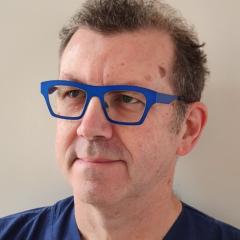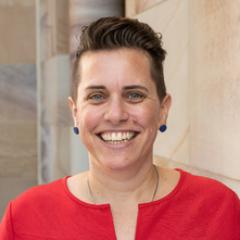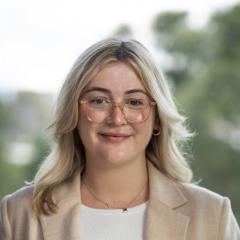By achieving excellence in interdisciplinary research, education, collaboration and advocacy, we can all help every child and adolescent with a musculoskeletal, endocrine disorder, or diabetes live their best life. Our ambition for MED-Kids is to be the premier child and adolescent Musculoskeletal, Endocrine, and Diabetes research program in Australia.
Our areas of research are:
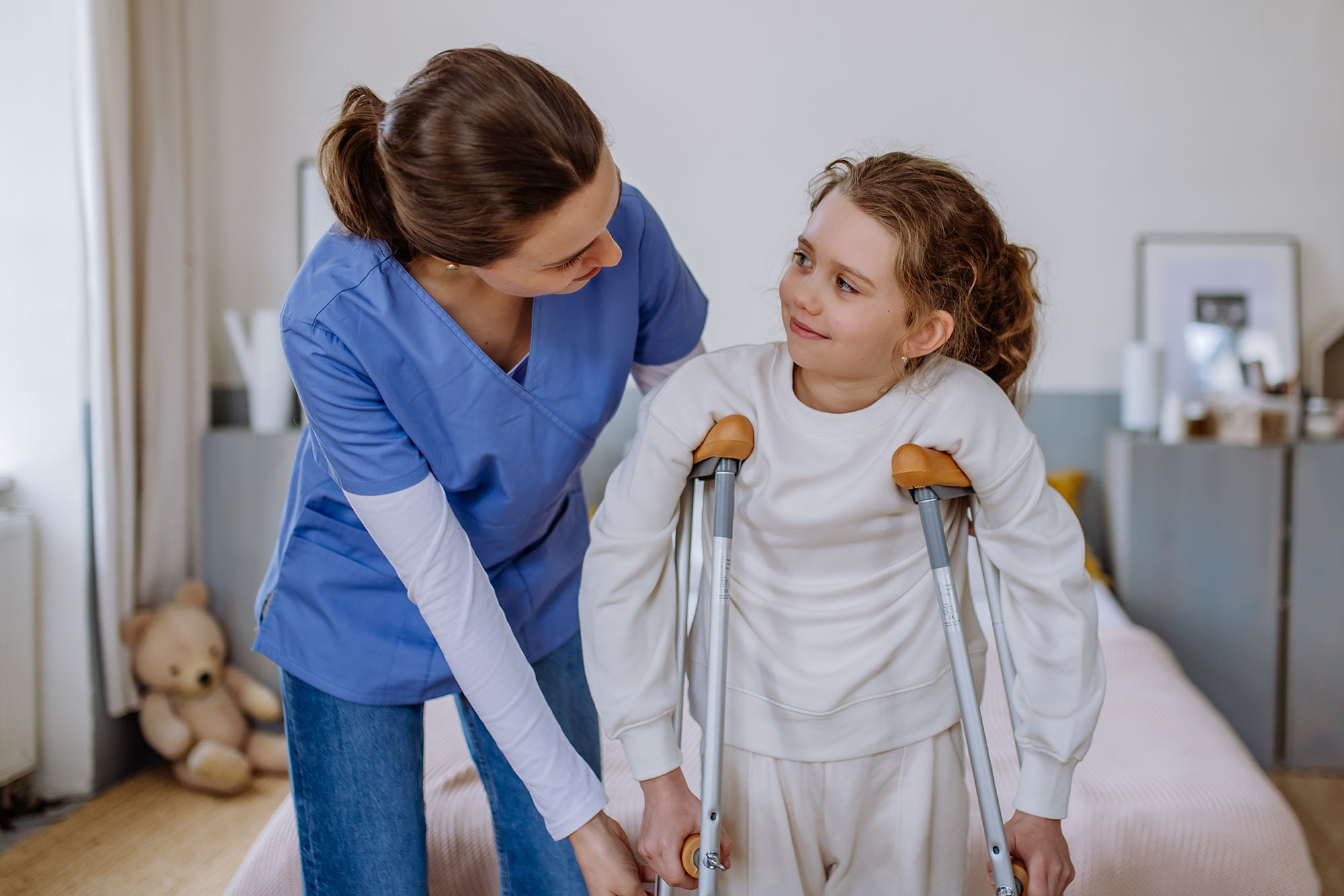 Musculoskeletal Health and Wellbeing: The CHild and Adolescent Musculoskeletal Research Innovation and Clinical Outcomes Network (CHAMPION)
Musculoskeletal Health and Wellbeing: The CHild and Adolescent Musculoskeletal Research Innovation and Clinical Outcomes Network (CHAMPION)
CHAMPION brings together a constellation of interdisciplinary researchers and clinicians who share a common goal of leading life-changing care for children.
It includes researchers and clinicians from across the University of Queensland, Queensland University of Technology, Griffith University, Children’s Health Queensland & Others in partnership.
Together we are a focal point and catalyst to CHAMPION child and adolescent Musculoskeletal research in Queensland.
The purpose of CHAMPION is to grow a patient-centred & research-intensive musculoskeletal program with a focus on precision and advanced therapies in areas such as:
- Orthopaedic: Spinal Deformity, Hip Dysplasia / Displacement, Limb Deformity, Craniosynostosis
- Bone and Mineral Disorders: Osteoporosis (primary and secondary), Rickets (nutritional and genetic), Osteopetrosis, Fibrous Dysplasia
- Focal Bone Disorders: Avascular necrosis, Giant Cell Tumour, Aneurismal Bone Cyst, Pseudarthrosis
- Skeletal Dysplasia: Achondroplasia, Leri Weill Syndrome
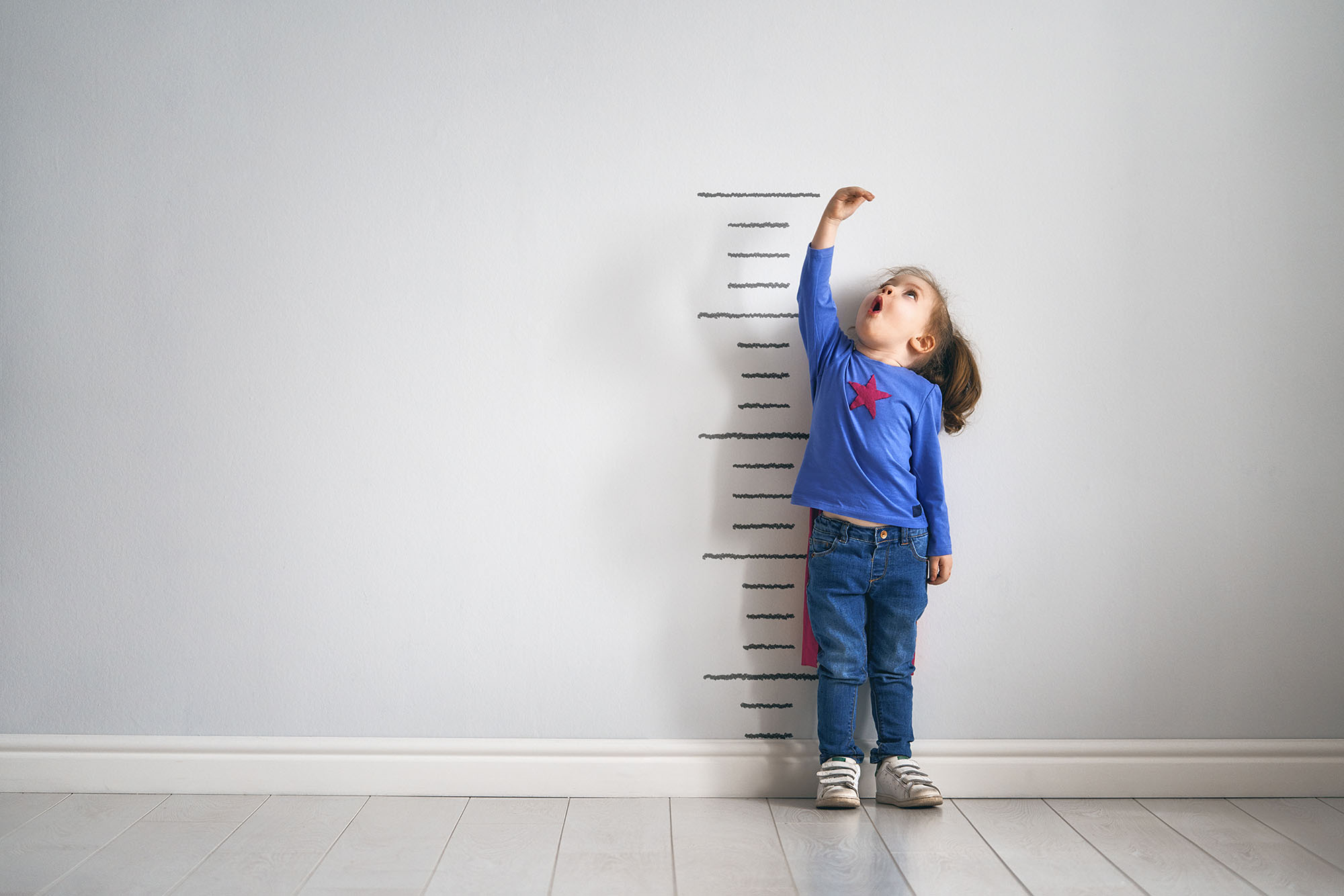 Endocrine
Endocrine
- Congenital Hyperinsulinism: a hypoglycaemic (low blood glucose) disease of the pancreas
- Therapies for growth disorders
- Prader Willi
- Late effects of cancer
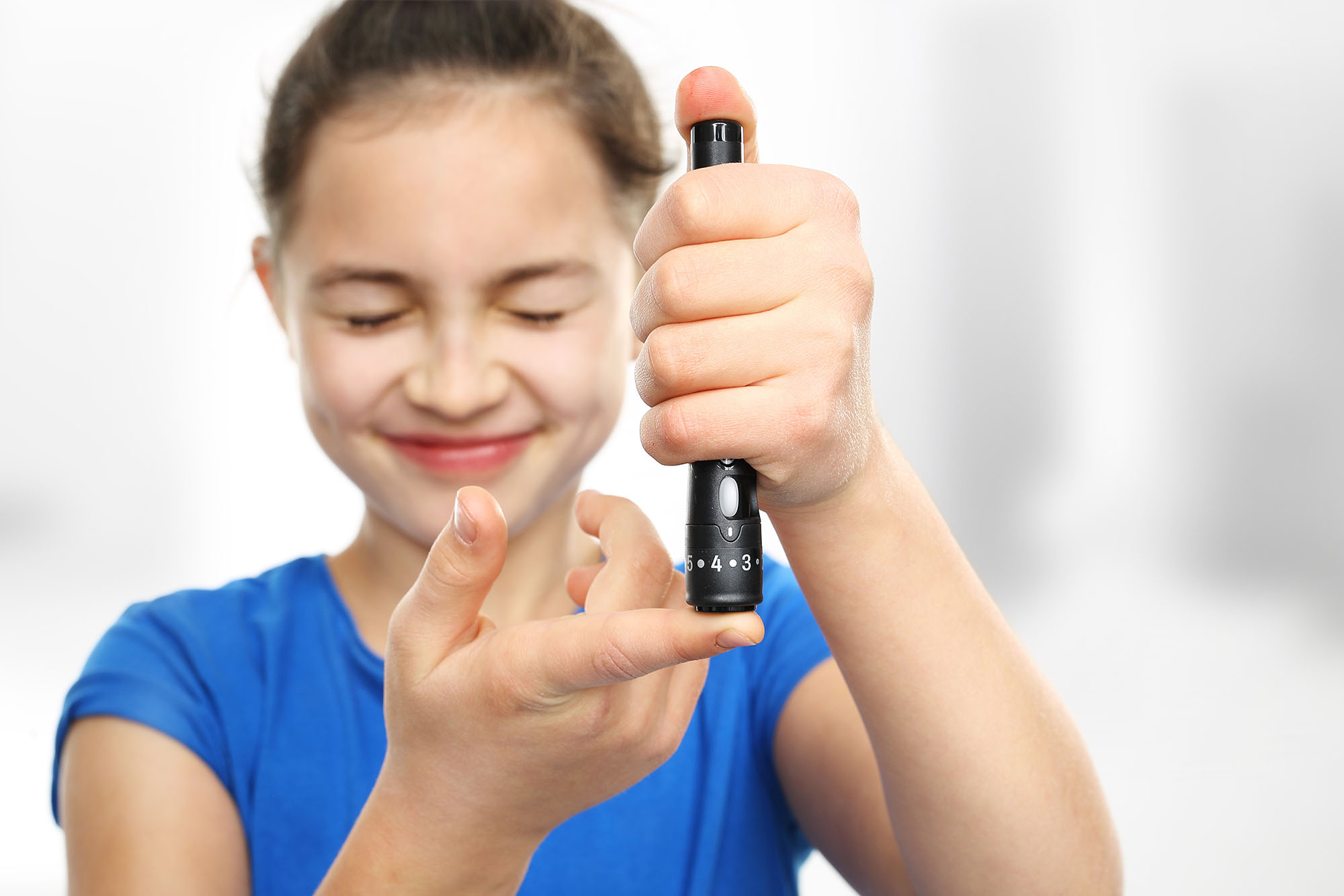 Diabetes
Diabetes
- Immunology and immunotherapy for Type 1 Diabetes
- Diabetes technology
- Diabetes models of care and health economics
- Type 2 Diabetes
Current research funding
Leverage | Project |
|---|---|
$2,498,384.00 | MRFF APP2015970: Australian Cerebral Palsy Musculoskeletal Health Network (AusCP MSK) |
$1,809,204.97 | MRFF APP2015863: Children with Lower Limb Pain (CLLiP) |
$65,000.00 | |
$60,000.00 | Australian and New Zealand Society for Paediatric Endocrinology and Diabetes, Pfizer Research Grant: The diagnosis and characterization of primary bone disorders using stem cell. |
$50,000.00 | 2023 Metro South Health Research Support Scheme (MSH RSS) Co-funded (QUT) Collaboration Grant: “The neurophysiological drivers of shoulder muscle activation, and functional recovery, after total reverse shoulder replacement” |
$40,000.00 | Kyowa Kirin: Transition of adolescents with XLH into adult care. |
$15,000.00 | Kyowa Kirin: Multicentre 24-moth Outcome Data on real world use of Burosumab: biochemical, functional, radiological outcomes and acceptability study. |
- Child Health Research Centre
- School of Biomedical Science
- UQ Centre for Clinical Research
- UQ Medical School
- Children’s Health Queensland
- Queensland University of Technology
- Griffith University
- Children’s Hospital Foundation
- Congenital Hyperinsulinism International – Collaborative Research Network
Australian Cerebral Palsy Musculoskeletal Health Network (MRFF)
There is 1 PhD scholarship available in bone health of children and adolescents with Cerebral Palsy (CP).
We invite applications for an exciting PhD opportunity with a team of Musculoskeletal Health and Early Neurorehabilitation experts. We aim to collaboratively unravel the early biomarkers associated with the development and progression of the hip, spine, and skeletal fragility complications of CP. Data will be collected from a large multicentre prospective cohort study, "AusCP MSK: Australian Cerebral Palsy Musculoskeletal Health Network".
We aim to forge new frontiers in Musculoskeletal Health and Early Neurorehabilitation, fostering a brighter future for those affected by Cerebral Palsy. To this aim, the proposed PhD project will:
Uncover early biomarkers of musculoskeletal complications in children with CP, including hip dysplasia, scoliosis and low bone mineral density.
Investigate the interplay between hip, spine, and bone health, and functional outcomes, in the development and progression of musculoskeletal complications.
Please email auscp.msk@uq.edu.au for more information about this opportunity.
Vision, Falls, and Fractures in Children with Cerebral Palsy
Dr Laura Bentley is interested in exploring the associated between vision, falls, and fractures in ambulant children with cerebral palsy (CP). Children with CP are at high risk of falls with 65-80% experiencing monthly falls and have fall frequency 2-3 fold higher than the general older adult population. Factors that have been previously reported to predict falls risk in children with CP include younger age, behavioural problems, history of previous falls, and inability to stand, walk, or run. Interestingly, specific gait patterns (e.g. excessive internal hip rotation, excessive intoeing, or stiff knee gait) have not been shown to be significant predictors of falls risk in children with CP when matched on age and GMFCS classification. One factor that has not been previously investigated in relation to falls risk in children with CP is vision impairment, which has been shown to be related to falls risk in other populations (e.g. older adults). This is important as children with CP have been shown to have relatively high levels of vision impairment including refractive errors and strabismus. There is currently no empirical evidence exploring the potential relationship between vision impairment, falls risk, and fracture rate in children with CP.
For more information about this Honours project, contact Dr Laura Bentley at laura.bentley@uq.edu.au
Back In Action
The Univeristy of Queensland holds multiple PhD scholarship rounds each year. Through this scheme exceptional PhD candidates may be supported with a living stipend, tuition fee scholarship and, for international students, Overseas Health Cover (OSHC). These rounds are highy competitive.
The Back in Action team, lead by A/Prof Tucker, is able to host 1-2 exceptional PhD students on their current Adolescent Idiopathic Scoliosis study.
Please email k.tucker1@uq.edu.au for more information about this opportunity. Please include a 2 page CV with your email.
Cost-effectiveness of early intervention to improve outcomes in children with Cerebral Palsy
Early identification of cerebral palsy and early intensive intervention has been the focus of work in the Children’s Health Research Centre led by Prof Ros Boyd. Understanding the cost-effectiveness of providing this is required to inform decision makers and provide information on scaling up these interventions. This project will suit a person with health economics training and an interest in modelling health service interventions. Strong quantitative skills are desirable.
Please email Professor Tracey Comans at t.comans@uq.edu.au for more information about this opportunity.


